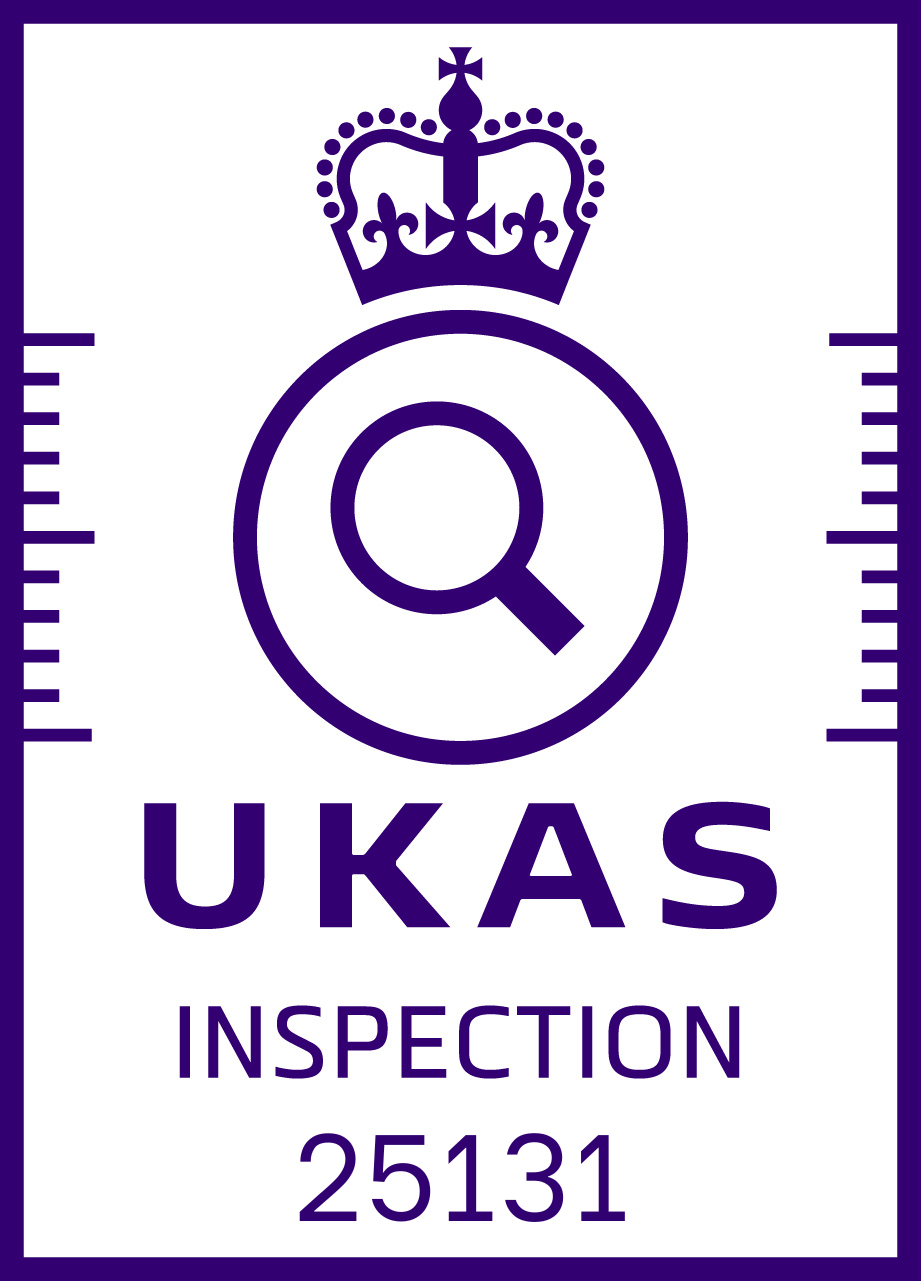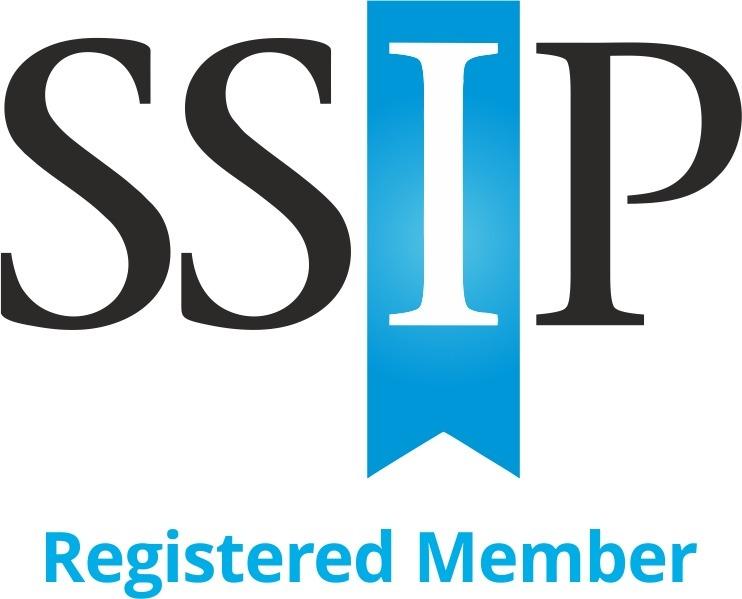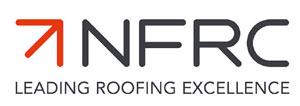The coronavirus pandemic has made 2020 one of the most memorable years for all the wrong reasons – or nearly all.
The death toll both in the west and in developing countries has been terrifying, with the elderly and those with pre-existing medical conditions bearing the devastating brunt of this highly infectious disease.
Lockdown measures, while necessary during the search for a vaccine, have brought their own devastation. Children have missed months of vital schooling, while entire industry sectors, including travel and tourism, catering and sales, have been brought to a virtual standstill.
However, COVID-19 has forced us all to look at the world differently; it showed us that sustainability goals can be achieved when industry takes a break – albeit a forced break. Air quality saw a dramatic improvement during the early stages of lockdown, as almost all flights were grounded the world over, journeys by motor vehicles were massively reduced and industry as a whole experienced a mass slowdown.
At the same time, employers and employees alike have embraced an evolving concept of the work place. The technology is there for us all to connect with one another via video calling software, which has adequately replaced the need to be physically present in an office.
As we settle into the ‘new normal’ and look ahead to the future, much has been made of the need to ‘build back better’: taking action towards more ethical businesses and a fairer, equitable, more inclusive and sustainable society.Many businesses have now set their own science-based targets to achieve net zero emissions, and putting in place new, long-term sustainability strategies.
This is beginning to have an impact on the construction and facilities management sectors. Workplace and facilities managers are already on the frontline of reducing carbon emissions from the built environment. This includes making more effective decisions regarding heating and air conditioning, lighting and building insulation.
Employees increasingly expect their employers to set an example in sustainable living, embedding sustainability goals into the heart of any organisation. Workplace and facilities managers play a critical role in establishing these strategies and creating positive environments that will attract and retain the strongest talent.
FASET – Fall Arrest Safety Equipment Training – is the established trade association for the safety netting and temporary safety systems industry. Its purpose is to offer a foundation of support for its members with expert guidance, dedicated working at height training and exclusive membership benefit schemes for all, with the intention of promoting a safer way of working.
Safer working should go hand in hand with the goal of sustainability, ensuring buildings and safety systems are created to protect the environment as well as protecting workers’ lives. While organisations have a legal duty to ensure that their buildings offer safe systems of working, they also risk long-term reputational damage for failing to recognise the role sustainability plays in the workplace.








